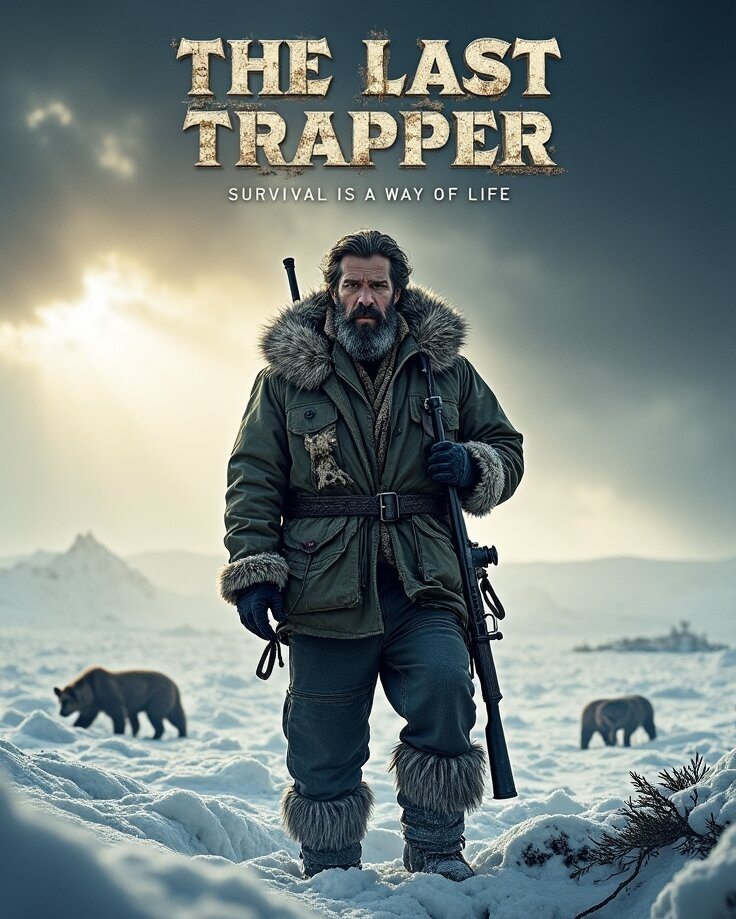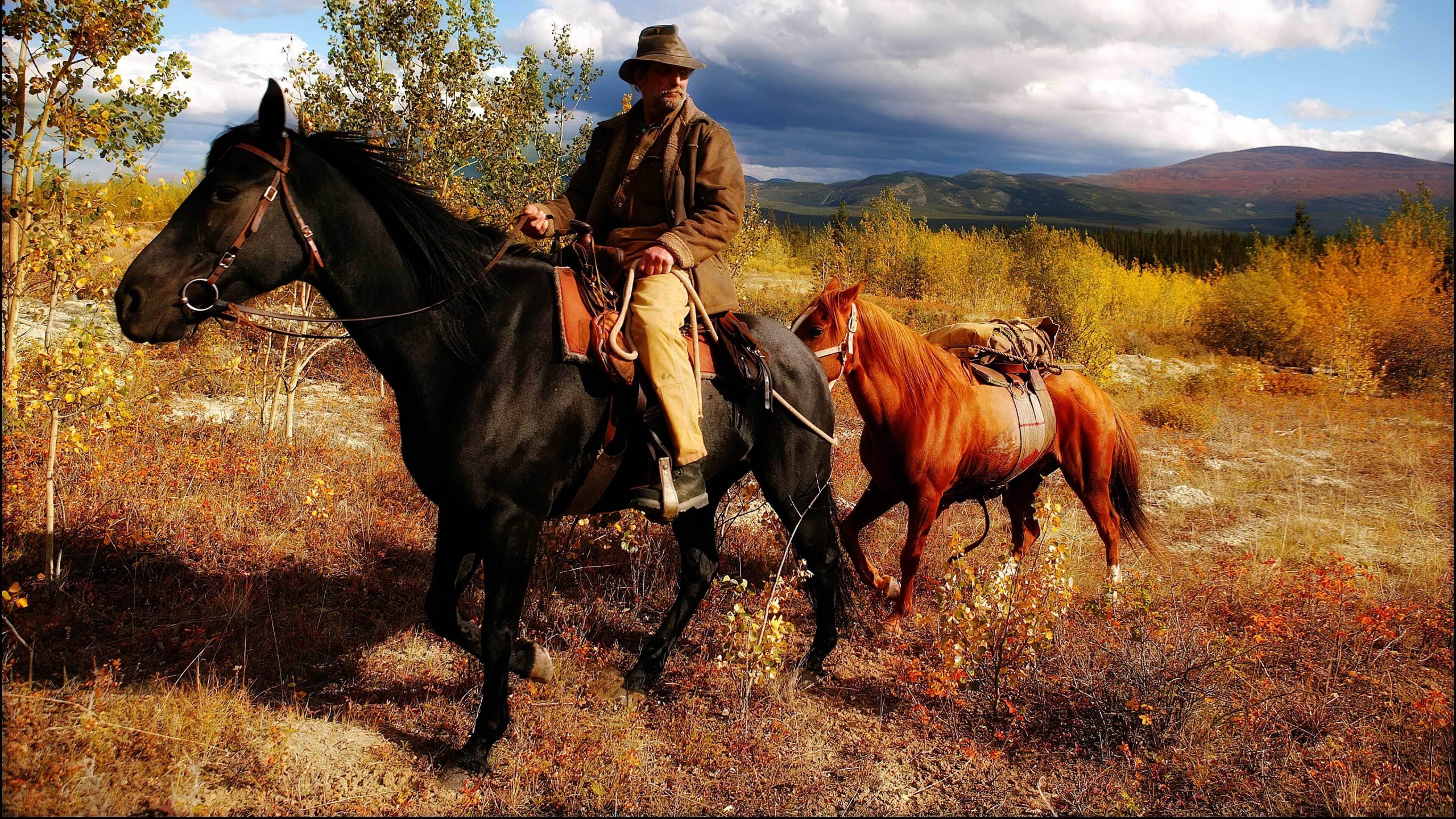The Last Trapper (2004): A Tribute to Nature’s Resilience

Introduction
In a world increasingly dominated by technology and modernization, The Last Trapper (2004) stands as a breathtaking ode to the raw beauty of nature and the resilience of those who choose to live in harmony with it. Directed by Nicolas Vanier, this semi-documentary film follows the real-life journey of Norman Winther, one of the last traditional trappers in the remote wilderness of the Yukon. Through stunning cinematography, immersive soundscapes, and a heartfelt narrative, The Last Trapper offers audiences a rare glimpse into a vanishing way of life.
A Story of Survival and Harmony
The film chronicles the life of Norman Winther, who, along with his partner May Loo, lives off the land in the harsh yet magnificent Yukon wilderness. Unlike a conventional survival film, The Last Trapper is not about man conquering nature but rather coexisting with it. Norman’s deep respect for the environment and his ability to read the land, weather, and wildlife showcase an intimate knowledge that has been passed down for generations.
His days are spent navigating treacherous terrain with his loyal sled dogs, crafting tools from natural resources, and ensuring his survival through traditional trapping methods. Despite facing numerous challenges, including brutal winters, dwindling game, and the encroachment of modernity, Norman remains steadfast in his commitment to living in accordance with nature’s rhythms.
The Film’s Unique Approach

What sets The Last Trapper apart from other wilderness films is its remarkable authenticity. Instead of using actors, Vanier chose to cast Norman Winther himself, allowing audiences to witness real experiences rather than staged dramatizations. This blend of documentary and storytelling results in an intimate and deeply personal portrayal of a lifestyle that is rapidly disappearing.
The cinematography is another standout feature. Shot amidst the stunning landscapes of the Yukon, the film captures the untouched beauty of the wild in all its seasonal variations. Whether it’s the frozen serenity of winter, the lush vibrancy of summer, or the golden hues of autumn, every frame serves as a love letter to the natural world.
Adding to its immersive experience, the film’s sound design enhances its realism. The howling winds, crunching snow, and distant calls of wildlife transport viewers into Norman’s world, making them feel the biting cold and the quiet solitude that define his existence.
Themes and Messages
Beyond its visual and narrative appeal, The Last Trapper conveys a powerful message about the fragility of traditional ways of life. The film highlights the impact of modernization on indigenous and self-sufficient lifestyles, posing the question: what happens when ancient knowledge and skills are forgotten?
Norman’s story also serves as a reminder of humanity’s deep-rooted connection with nature. In an era where convenience often takes precedence over sustainability, his way of life underscores the importance of respecting and preserving the environment. The film encourages viewers to reflect on their own relationship with nature and consider what is lost when we drift too far from it.
Why You Should Watch The Last Trapper
More than just a film, The Last Trapper is an experience—one that transports audiences to a world where survival depends on wisdom, patience, and an unwavering respect for nature. It is a poignant reminder of the resilience of the human spirit and the delicate balance that sustains life in the wild.
For those who appreciate visually stunning landscapes, authentic storytelling, and thought-provoking themes, The Last Trapper is a must-watch. It is a film that doesn’t just tell a story but immerses viewers in a way of life that is both humbling and inspiring.
Conclusion
As modern civilization continues to expand, stories like Norman Winther’s become ever more precious. The Last Trapper is more than a cinematic achievement—it is a testament to the endurance of a disappearing world. By watching and appreciating films like this, we not only celebrate nature’s resilience but also acknowledge the invaluable wisdom of those who have lived in harmony with it for generations.
So, if you seek a film that captivates, educates, and inspires, The Last Trapper awaits. Embrace the wild, experience the legend, and rediscover what it means to truly live within nature.











